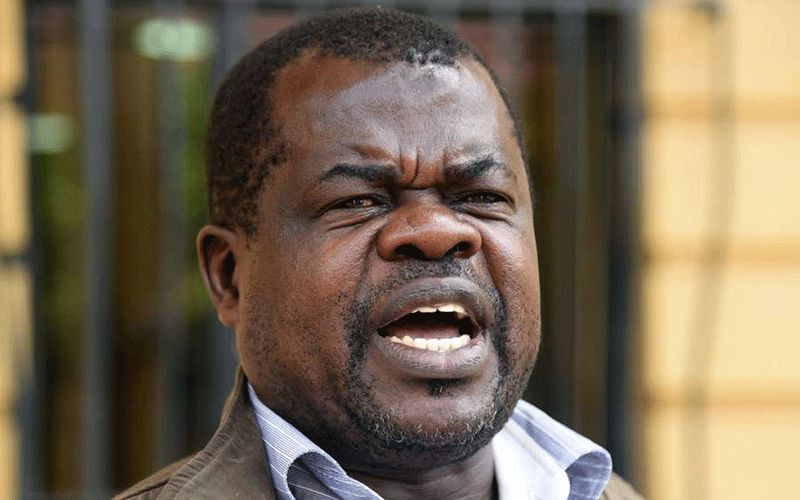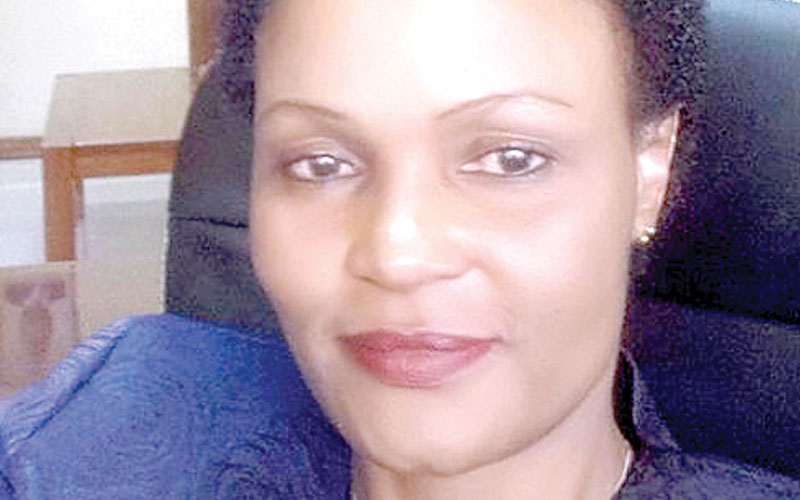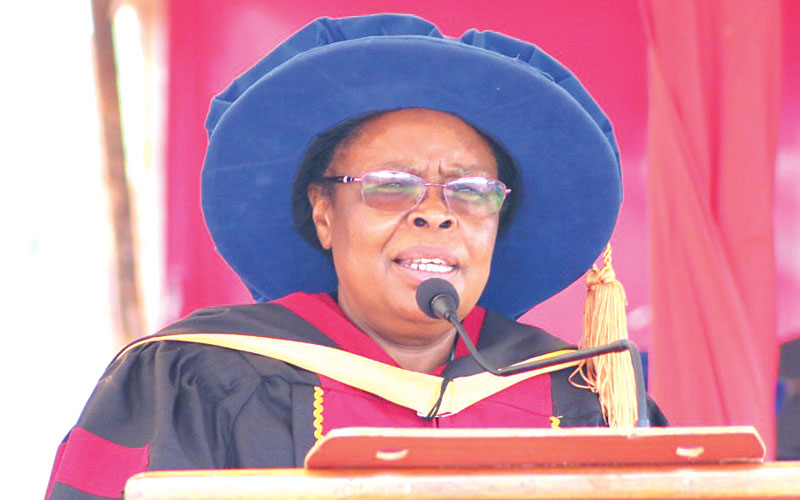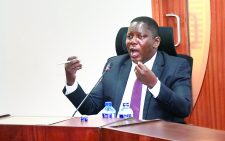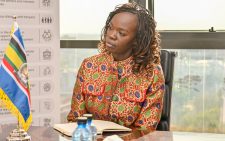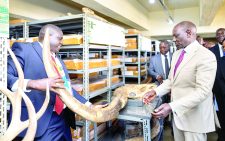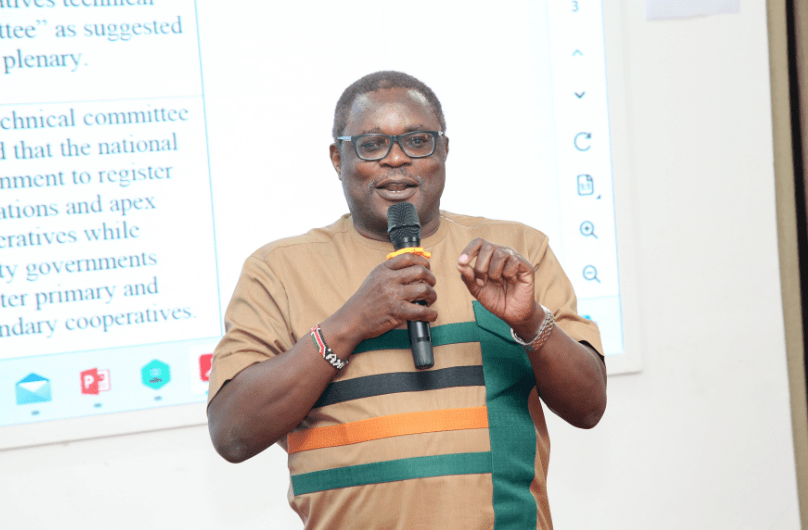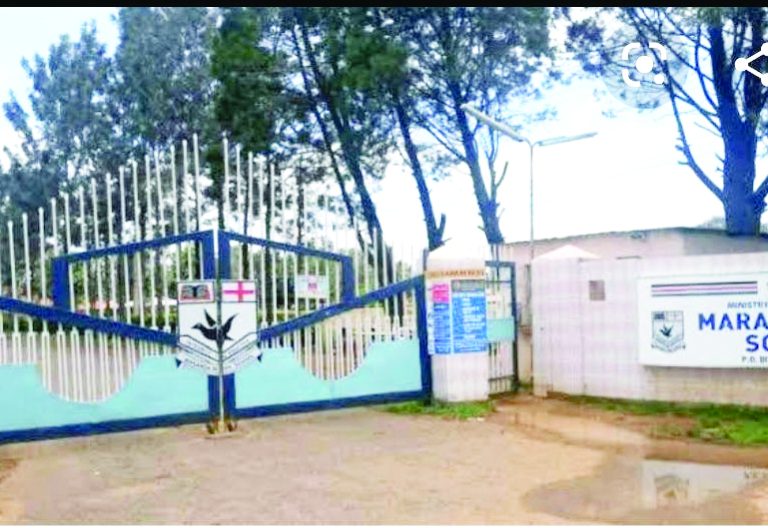EAC joint inspections aim to improve healthcare in region

Daniel Yumbya
Since 2009, the East African Community Partner States’ Medical and Dental Boards/Councils carry out joint inspections of medical and dental schools and teaching hospitals in the region.
The inspections take place every five years and are aimed at ensuring universities are conforming to the standards and guidelines governing medical and dental schools with a view to improving healthcare services and promotion of the harmonisation of education and training in the region.
Other than quality assurance, the other advantage of the inspections is that the doctors from the medical and dental schools which conform to the set standards are given EAC reciprocal recognition upon their qualification as practitioners, meaning they can practise in Kenya, Uganda, Tanzania, Rwanda, Burundi or South Sudan.
The inspections are carried out by a technical team from the EAC partner States boards/councils as well as a representative of a country’s Commission for University Education.
So far, there have been two joint inspections, in 2009 and in 2016, with the third taking place between February and June 2020.
The inspections focus on, among other things, lecturers’ qualifications and whether they are suited to teach the programmes, lecturer to student ratio, the academic programmes being run by the medical/dental school and whether they have been approved and accredited by relevant authorities, teaching and learning infrastructure such as classrooms, laboratories and libraries, quality improvement, student welfare facilities and support mechanisms such as recreational grounds, welfare policies, healthcare, accommodation and risk protection.
Before an inspection is carried out, standard tools for self-assessment are sent to the medical and dental schools and teaching hospitals.
Medical and dental schools in Uganda were the first to be inspected this year between February 10 and 14. Following the exercise that covered eight institutions, Islamic University in Uganda’s Habib Medical School was the only institution that was given a clean bill of health.
The Uganda Christian University School of Dentistry scored poorly and was ordered to close until proper infrastructure is put in place.
The rest of the institutions, including Makerere University Dental School, were directed to stop admission of any new students until a re-inspection by the Joint EAC medical boards/councils is carried out and approval given. None of their graduates will be eligible for reciprocal recognition within EAC.
The same exercise concluded in Kenya on March 6. Applying the same checklists as those used in Uganda, the boards/councils inspected 13 universities in Kenya.
Following the inspections, Mount Kenya University School of Medicine, Maseno University School of Medicine and Kisii University School of Health Sciences were found to have met the minimum requirements for the training of medical students.
This, therefore, makes their graduates eligible for reciprocal recognition within the EAC.
Institutions like the University of Nairobi School of Medicine and that of Dentistry, Jomo Kenyatta University of Agriculture and Technology Medical School, Moi University, School of Medicine and that of Dentistry, Kenya Methodist University, School of Medicine, Egerton University, Faculty of Health Sciences, Kenyatta University, School of Medicine and Masinde Muliro University of Science & Technology, School of Medicine scored between 50 and 80 per cent, and were found to have partially complied.
Even though their graduates will be eligible for reciprocal recognition within the EAC upon qualification, the institutions will be subjected to a re-inspection within six to 12 months to ensure they are working towards the achievement of the recommendations laid out by the boards/councils.
Uzima University College, Medical School scored below 50 per cent and failed to comply with the minimum requirements for training medical students.
The school will have to be closed and students redistributed under the guidance of the Kenya Medical Practitioners and Dentists Council and the Commission for University Education, to other medical schools.
The boards/councils are committed to ensuring that the region’s future doctors are learning the proper curriculum taught by enough qualified personnel and are provided with the right infrastructure and support to make their study seamless. Once this is done, Kenya, and East Africa will be assured of quality healthcare.
The boards/councils are expected to complete the exercise in Tanzania, Burundi, Rwanda and South Sudan by June. — The writer is the CEO, Kenya Medical Practitioners and Dentists Council
